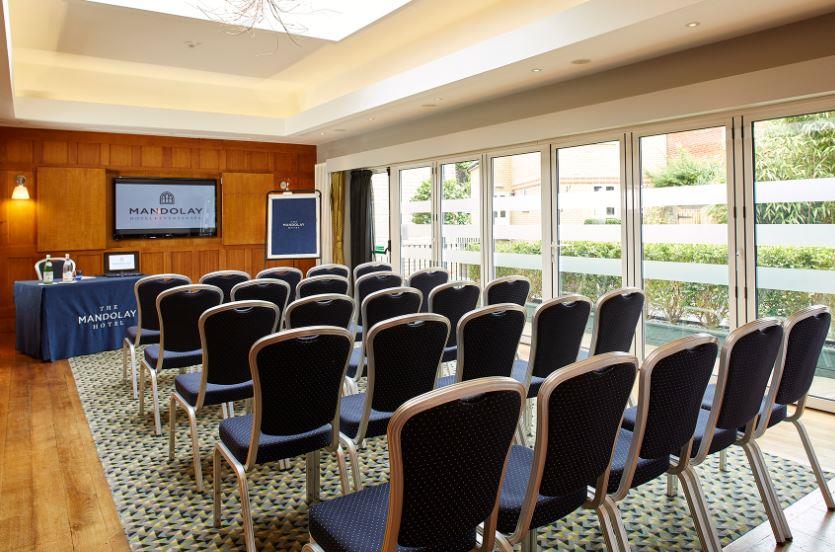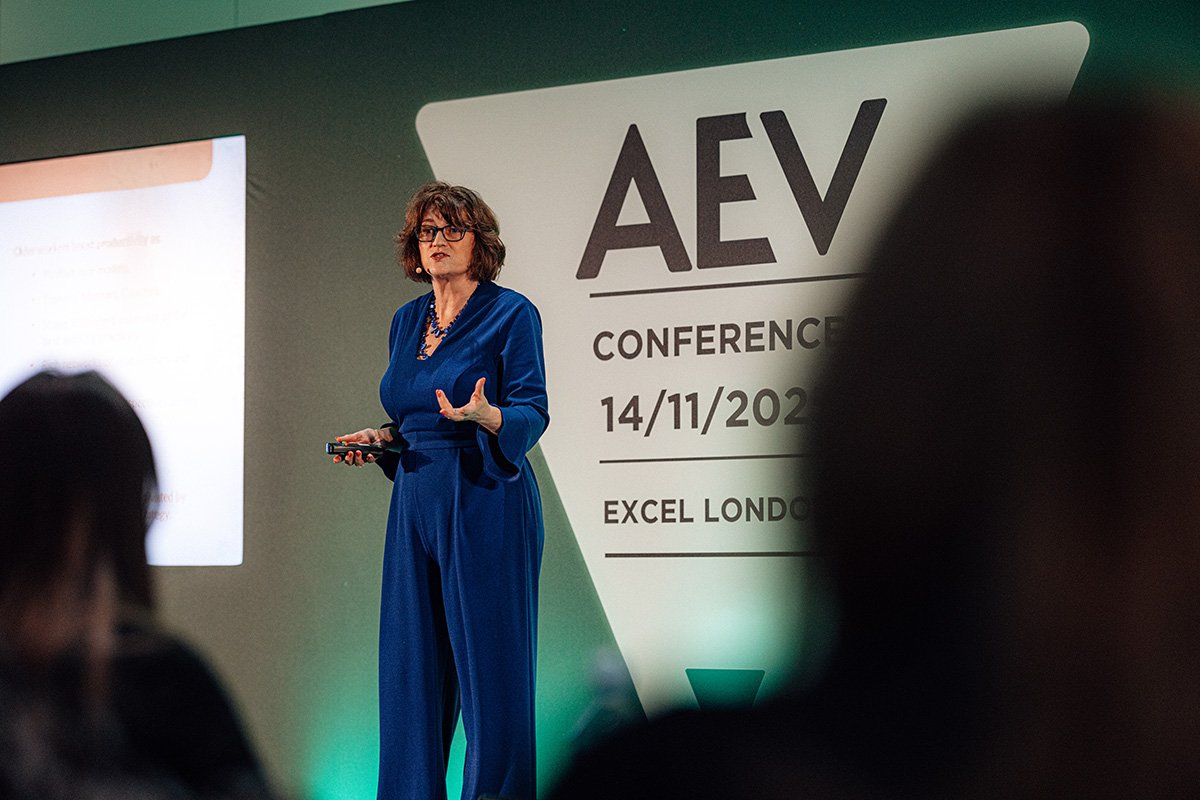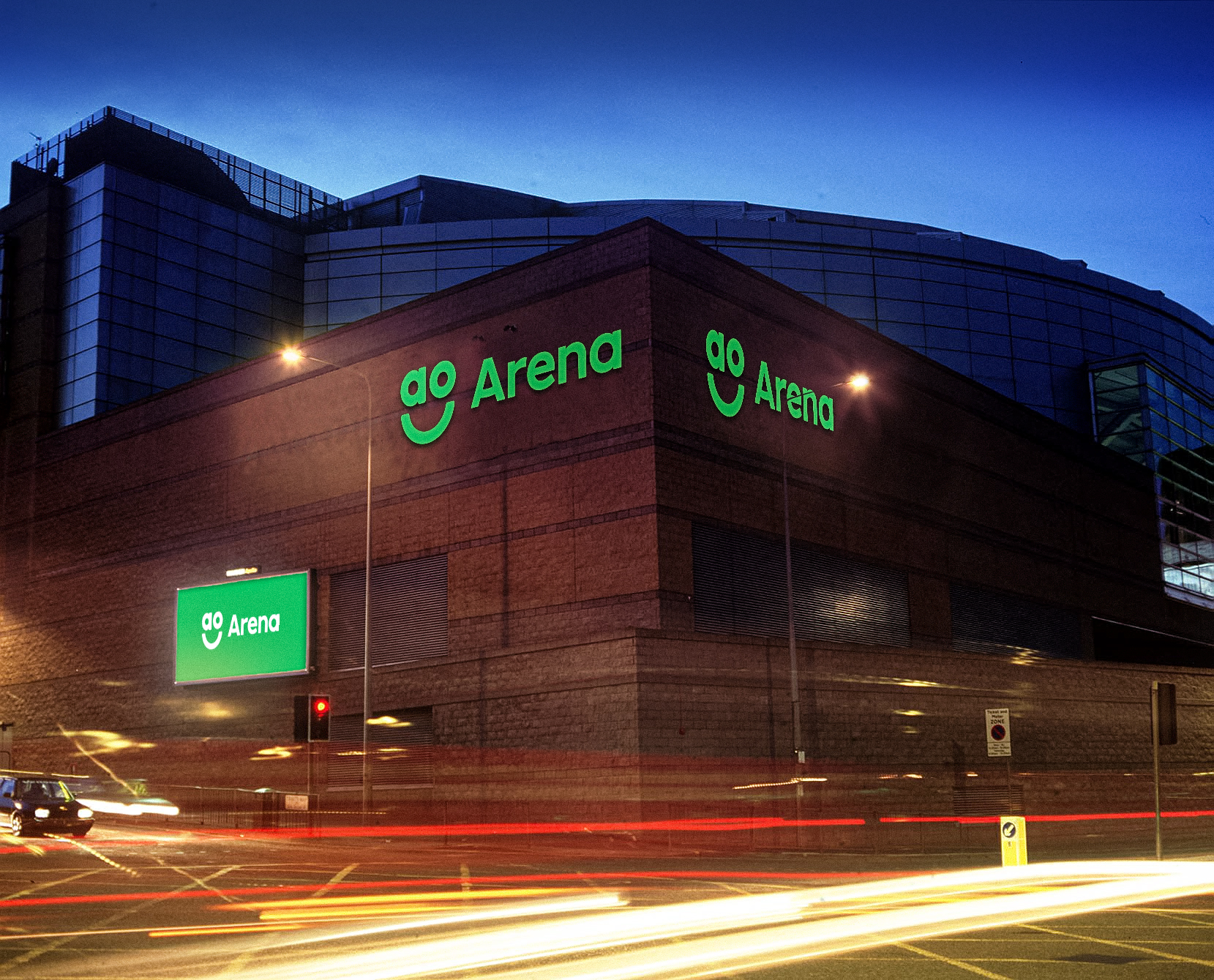At any given event the shopping list of different essential items that will supposedly make the happening a success often extends to several pages.
At an exhibition, for example, the simplest of stands will often have lighting, furniture, some form of audio visual presentation and banners, pop ups or other signage that denotes the exhibitor’s company and brand message as well as shelves on which to put brochures and catalogues.
This is to forget that if the exhibitor has gone for space only, the stand will have to have been designed and built before all the other paraphernalia has been thought about.
Even the simplest of meetings requires lighting, A/V, some form of staging and various other essentials such as delegate badges and bags, a programme of events and basic stationery.
Small wonder then that an increasing number of event organisers are looking to the larger event contractors to provide a ‘one stop shop’ service.
Stanco has offered this service to end users for some time now and has many individual customers who source all their exhibiting needs through it. Curiously enough, Stanco’s marketing director, David O’Beirne, says that organisers are only now beginning to get the message.
“It is important for us to offer the service but up until now it doesn’t seem to have been as important for organisers,” he says. “So much depends on what people’s definition of ‘everything’is. We’ve had instances where people have been surprised to find that we can do so much more for their events than just setting up stands.”
To that end, the firm has identified an increasing demand from organisers for it to provide more that just the shell scheme and has, accordingly, invested in its design services.
As far as individual exhibitors are concerned, O’Beirne has no doubt as to what the major attraction is.
“Time, the amount of time they save by having us handle their complete exhibition presence allows them to get on with the job they are supposed to be doing,” he says. “There is also the importance of peace of mind, our customers feel comfortable in the knowledge that everything is being taken care of and that there is only one number they need to call when they want to discuss certain aspects of the project.”
O’Beirne says that there are cost implications too with Stanco’s being able to secure competitive rates from its own partners that can be passed on to the end user. Having said that, the firm finds that price is not such a major consideration for most customers.
“Our repeat business is over 70 per cent,” he adds, “so although price must be relevant to a point we still find that the trust a client has in us and the extra ideas we bring to their marketing projects are far more important to them.”
This is something that David Freeman, managing director of Mayridge, firmly agrees with.
“We like our clients to look at the wider proposition,” he says. “It’s better to ask ‘what will I get out of this’ rather than how much will it cost’.”
Wilson also agrees that an increasing number of clients are looking for the sort of solutions Mayridge and other suppliers now provide.
“There still aren’t too many people offering it at the moment but once the client understands what you can do for them they tend to go for it,” he says. “If you look at how marketing budgets have been cut in a variety of industries you can see why it is attractive for a given marketing department to entrust this to firms like ours thus freeing themselves to do their main work.”
Trust would seem to be the key here. Mayridge likes to see itself as more of a consultant and partner than a service provider.
“We like to get to know what a firm is trying to achieve, what its brand message and values are,” says Wilson. “We can then co-ordinate their event presence and they have the comfort of knowing they can trust us to choose appropriate tools such as the pop-ups or A/V. We often have clients tell us that we brought a value that they wouldn’t have been able to achieve by themselves.”
Wilson is clear about the benefits of an all-round service.
“We want our clients to think of us in terms of consultation, co-ordination and partnership rather than simple service providers,” he says.
It would seem to make sense to have all your event infrastructure supplied by just one company, and charged on one invoice, rather than the complex and over-complicated rigmarole of dealing with six or seven different suppliers. It would also seem especially attractive to profit by the overall marketing approach that firms such as Stanco and Mayridge provide. With their extensive contact list and experience it is surely better to let them do the leg work rather than your spending time dealing with a long list of individuals.
But, is this the case? Next month we talk to specialist suppliers who give us the opposing view







